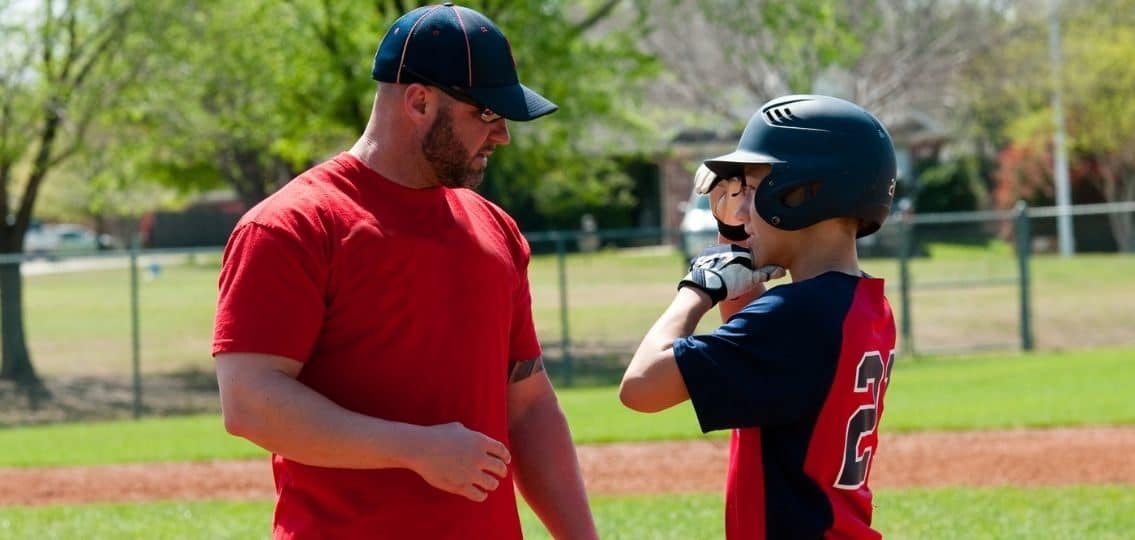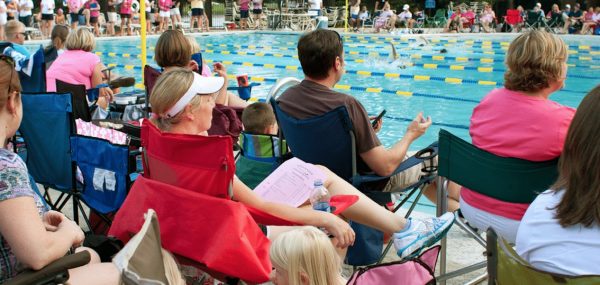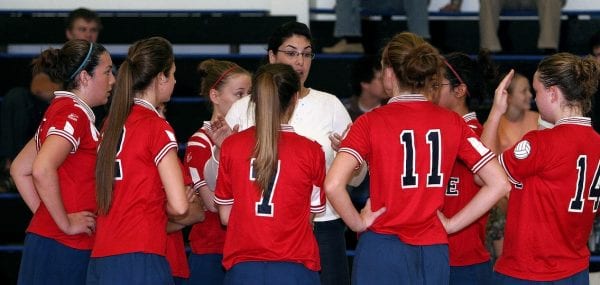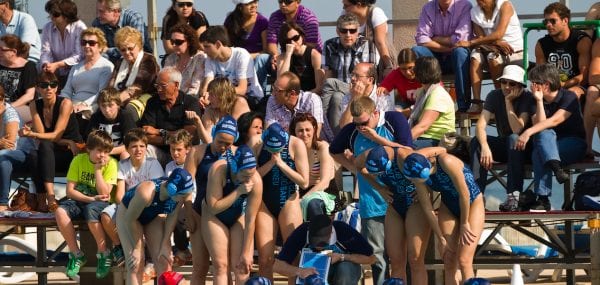“Batter up!” yells the little league coach.
My 12-year-old son, Matt, leaves the dugout, picks up a bat, and walks to the batter’s box. It is the bottom of the ninth and his team has two outs. The game is tied.
The game rests on his shoulders.
The pitcher throws. Matt swings and misses. The pitcher throws twice more and Matt misses both times. As he drops the bat and walks off the field, shoulders slumped, his little league coach is right behind him, yelling and making wild gesticulations. “What was wrong with you back there?! We should’ve had that game! You shouldn’t even be playing baseball!” he shouts.
As I witness Matt’s humiliation, I want to scream back at his coach—that he has no place coaching, that he’s a coward, that if Matt didn’t have a dad who had abandoned him, who never attended his games, he wouldn’t be yelling at Matt the way he is.
But I don’t. As a single mother, I’m afraid that Mom bawling out the coach would only add to Matt’s humiliation in front of his teammates.
Matt quit the team and never played Little League again.
Over three decades later, it is a balmy May evening in Houston. Matt is now in his 40s and has a 12-year-old son, my grandson, Tyler. We’re at Minute Maid Park Stadium with other players from Tyler’s baseball team, which Matt coaches, along with their families. Jeff Bagwell has just lost the game for the Astros against the St. Louis Cardinals. After the game, the boys eagerly wait for him and the rest of the team to drive up the ramp from the clubhouse so that they might get their baseballs autographed.
It is well past midnight. My son has to work the following day and then coach his son’s game afterwards. Even though Matt quit playing baseball after that traumatic incident with his little league coach, he rediscovered his love of the game as an adult and decided to coach. Whenever I visit Houston, I attend Tyler’s Little League games and take in an Astros game with him and his father.
As we wait on this night, the kids toss a baseball back and forth and run over to hang on the chain link fence that separates the exit ramp from the sidewalk. Matt drapes an arm across Tyler’s shoulders and tells him the players should be coming out any time now.
Finally, a small stir arises within the crowd as a large bus carrying the opposing team rolls out to the street. “St. Louis!” The kids begin waving and cheering even though the Cardinals have won over the Astros. The Cardinal players wave back as the bus, followed by large SUVs belonging to the Astros players, emerge behind them, then turn onto the main thoroughfare and drive away into the night.
More wild cheering ensues when a black Hummer emerges. “Bagwell! Sign our baseballs!” Jeff Bagwell slows to a stop, rolls down the tinted window, and begins signing the baseballs the kids push at him. As we’re walking away with Tyler’s signed ball, Bagwell is still busily signing.
The following evening, at Tyler’s game, I watch “Coach Matt” counsel a player after he misses a pop-up.
“Hey! Spencer, you caught ‘em at practice. Now do it again!” Later, when Spencer catches a pop-up, Matt yells out, “Way to go Spence! Told you that you could do it!”
After the game, I compliment Matt. “You seem to have found the perfect balance of motivating players and showing them where their weaknesses are without embarrassing them,” I tell him.
I don’t say it, but I’m thinking of that long-ago incident that made him give up baseball.
“I try to impress on them that, while every player should give his best, Little League is about fun first and baseball second,” he tells me.
To that end, he started the tradition of organizing outings to Astros games for players and parents at least once during the season so everyone could connect over the love of the game. He also encourages tailgating on weekends after Little League games to give players and parents an opportunity to get to know each other better.
After the game, Matt explains his coaching philosophy to me. Before the season starts, he schedules a meeting with all the parents to go over his coaching principles. He lets them know that, while showing support from the stands is acceptable—even welcomed—screaming at the umpire or players is not. Any incidences of bad behavior result in the game being halted until order is restored. If parents have any problems with him, specifically, those issues are to be addressed privately.
I think of the major league baseball players who took time to sign baseballs even though they lost their game. I think of the 12-year-old boys who cheered the winning team, even though it wasn’t their own. Then, I think back to that other lost game, more than 30 years before, and a 12-year-old boy berated by a must-win-at-all-costs coach. I’m grateful my son refused to allow that experience to define who he was and, instead, had become the kind of little league coach he should have had—and the kind of coach my grandson Tyler deserves.




